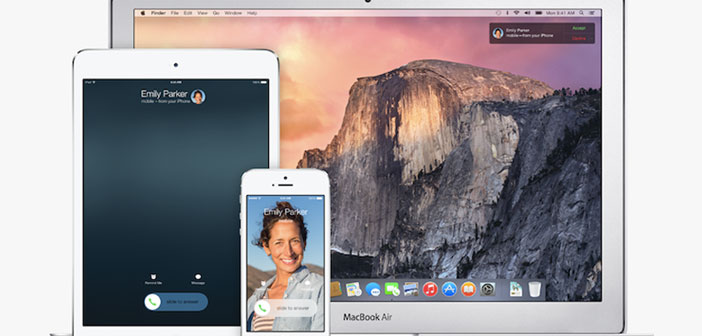As announced, Apple has released iOS 8 to the public, one of the most full-bodied software updates of the mobile platform. The owners of older devices may incur lower performance.
After more than three months of beta, iOS 8 has reached full maturity and is ready to make his first public appearance. Apple officially released during the evening yesterday, as plans for several devices.
The launch, was accompanied by some complaints in relation to the huge amount of space required for the installation, which has forced many users to sacrifice large part of the file stored in the device.
In some cases, the installation of IOS 8 can take up to over 5GB, even if part of the space will be liberated later, at the end of the installation itself. It is a problem of some importance especially for the owners of devices to 16GB, which might be forced to jump through hoops to install.
iOS 8 is of course available via OTA (over-the-air updates, directly from the device and installing the previous year, without losing any data) or through iTunes (for major releases always recommend that you perform this type of installation).
In the latter case, you will lose all the contents of the device, so it is best to do a backup of your data before running the installation steps. Below is a list of devices updated to iOS 8, remembering that iPhone 6 and iPhone 6 Plus will be released with this software release.
- Smartphone: iPhone 4s, iPhone 5, iPhone 5c, iPhone 5s, iPhone 6, iPhone 6 Plus.
- Tablet: iPad 2, iPad 3, iPad with Retina display, iPad mini, iPad Air, iPad Mini with Retina display.
- Fifth-generation iPod touch.
It is to make a small clarification for users who have no more terminals too recent. Some sources are reporting performance for iOS 8, not in line with those of previous versions of the mobile platform. Specifically, users with devices driven by Apple A5 may encounter some differences in performance compared to iOS 7 with iPhone 4S and iPad 2 that have been loading times for applications slightly longer.
iOS 8 represents one of the most full-bodied updates in the history of the Apple mobile platform, with many new features on the front of the improvement of the ecosystem and customisation.
Apparently, we are not faced with the performance heavily penalized on the iPhone 4 after installing earlier versions of iOS 7, but it is worth pointing out that the new release can involve some compromises in terms of performance on older devices, in front of a considerable additional bevy of new features. The installation is at the discretion of the same user, according to their own tastes and needs.

